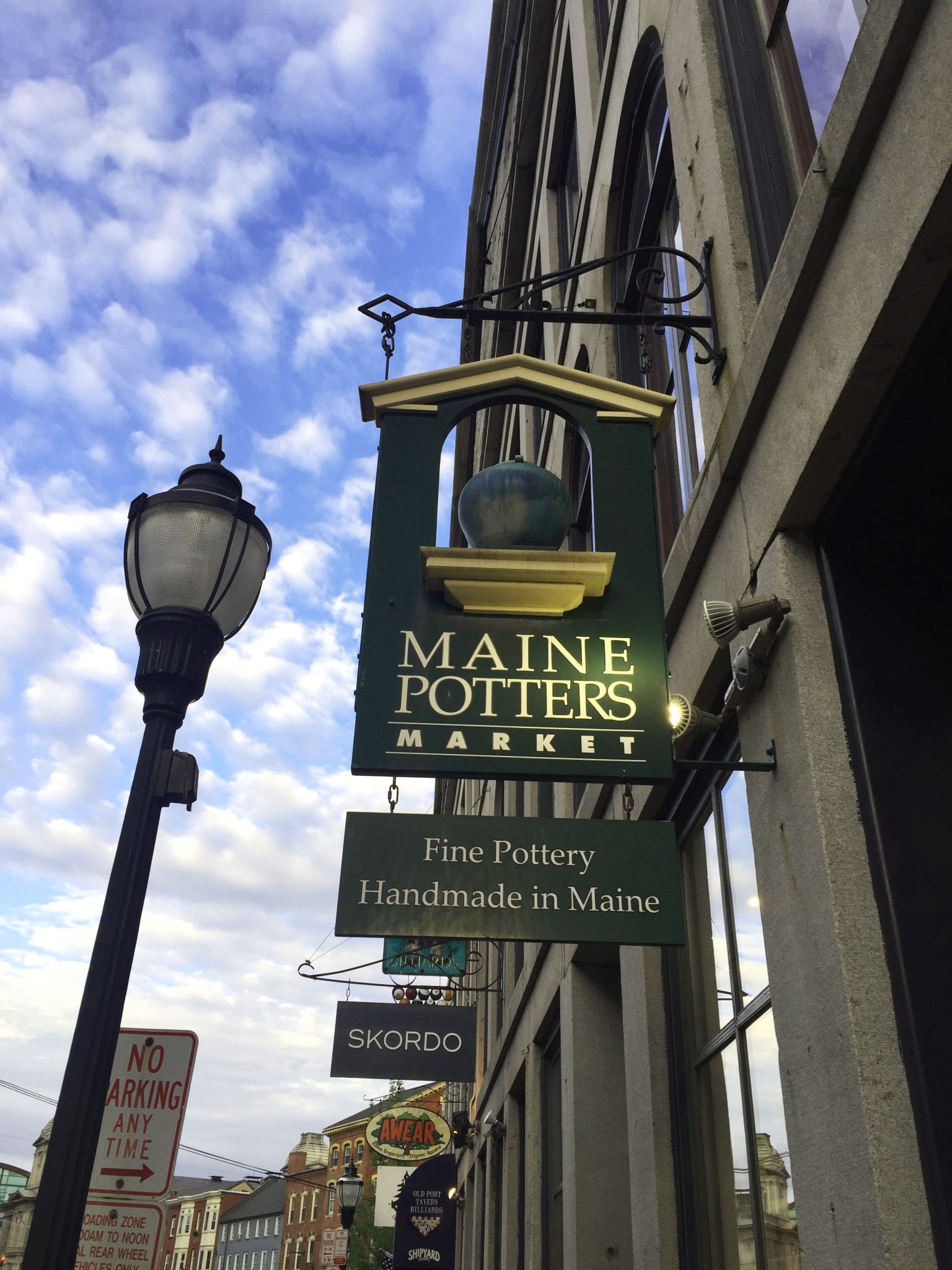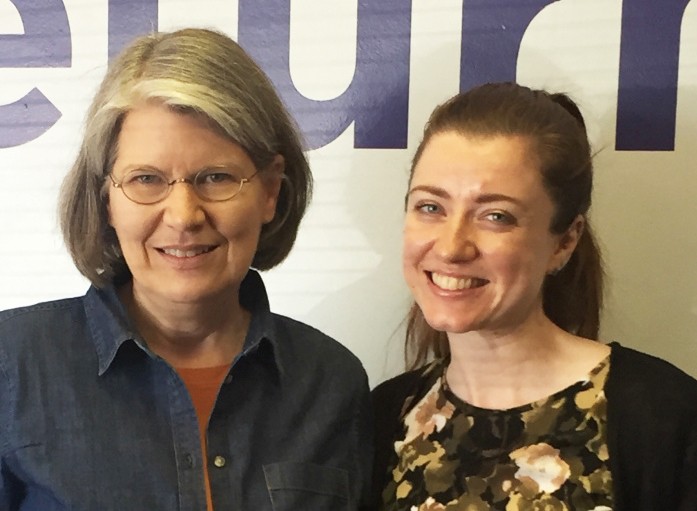Aine Graven, social value co-ordinator at mutual Rochdale Boroughwide Housing (RBH), has just returned from a six-week trip to the USA where she visited social enterprises, including co-ops.
Funded by the Winston Churchill Memorial Trust, the research aimed to better understand the social enterprise economy that is developing in the USA and what co-ops in the UK could learn from this model.
Aine is writing a report on her visit, which will be published in partnership with RBH and the Winston Churchill Memorial Trust. The report will feed into RBH plans and will be presented to Greater Manchester partners.
RBH is part of a group of Greater Manchester housing providers wishing to drive forward the role social value plays in supporting social outcomes. This means that companies and organisations wishing to work with RBH need to show how they can deliver social value when responding to its tenders or delivering services for them.
Aine joined RBH in 2018 to lead on the development of the organisation’s Social Value Strategy with a focus on maximising the impact of procurement and employment power for the benefit of local people and communities. “My passion for social enterprise comes from a genuine belief that it can change the world; which is why I chose to focus my research on this area,” she says.
“I know through my work that there is huge appetite amongst housing providers in Greater Manchester to support the social economy to grow through capacity building and buying social.”
The itinerary was based on the social enterprise city report, taking her to four cities – Chicago, Boston, Washington and Nashville.
How are social enterprises in the USA different from those in the UK? “They are much more focused on investment,” says Aine, adding that the USA lacks a social investment market. In the UK the Public Services Social Values Act requires people who commission public services to think about how they can also secure wider social, economic and environmental benefits.
UK social enterprises also tend to focus on grant funding. By contrast, in the USA there is no legislation that requires social goals to be taken into account. Accelerator programmes teach social entrepreneurs looking to start a new business to have strong portfolios and marketing pitches to attract investment.
“So, in USA there is much more involvement from the private sector,” she adds.
“Social entrepreneurs there were also interested in learning how we do things in the UK. Not everything will be translated here but the focus there is: get ready for finance.”

One of the social enterprises she visited was Maine Potters Market, a co-operatively owned gallery featuring local ceramics. The co-op has been in existence for 25 years in the historic Old Port District of Portland, Maine. It is owned and operated by its members, each of which is a potter living and working in the state. Members take turns in running the shop.
“Everywhere I went in Maine there was a co-op,” says Aine. “I visited art co-ops, small retail co-ops and organisations promoting fair prices.”
NASHVILLE
In Nashville, Tennessee, co-operative principles are put in practice at a community acupuncture clinic. Founder Alexa Hulsey set up East Nashville Community Acupuncture to provide more affordable treatments. While private acupuncture treatment typically costs $65-$150 (£50-£118) at her clinic everyone pays between $15 and $35 (£11-£27), and customers decide what to pay for each treatment, based on what’s affordable for them. Key to keeping costs low is treating people in a group setting, which goes back to the roots of how acupuncture has been practiced in Asia for thousands of years.
“The biggest thing I took away is that this is a service built on community; acupuncture just happens to be the delivery mechanism,” says Aine.
“Alexa describes her understanding of social enterprise as businesses built on relationships and community bond, rather than chasing sales. And, in doing so, the business grows organically without the need to spend a lot of money on flashy marketing and PR.”
Customer choice is key to the service, she adds. “People can elect how early to arrive for their appointments, how long they stay, where to sit in the treatment room, even what they pay.
“It’s a stark contrast to the regular health system where patients aren’t really given any freedom – there is generally a parent-child relationship between patient and health services, but this model breaks this down entirely. It’s a totally different experience and there is a lot that could be learnt by other health services in adopting this method. Giving people choice and control builds their confidence and supports them to help themselves.”
Aine thinks the business shows how co-op values can be translated into the social enterprise model. The clinic is financially sustainable and is looking at expanding. No marketing is needed because the clients promote the business.

Aine also visited Project Return, a Nashville charity supporting ex-offenders. The agency pays former inmates to obtain certifications so they can secure jobs in the city. With more than 60% of ex-offenders still looking for work a year after their release, the charity works to help them find jobs. Recidivism rate for Project Return participants is below 15% – compared to a national rate of 50%.
The charity is operated without a hierarchy culture, says Aine. “People who have been at the bottom of a hierarchical system are now on an equal footing and this is very important to the success of the programme. This fits in with the co-op model and the value of equality. No appointments are required and people can just turn up and get support from staff.”
Referring to the initial findings, she says the entrepreneurs she met put huge value on networks and organisations like the Social Enterprise Alliance. During conversations with East Nashville Community Acupuncture (ENCA) and Electronic Recycling Solutions, both founders spoke about the importance of operational networks during the start-up phase. Contact with similar organisations enabled them to learn how to run their operations effectively and benefit from their journeys.
“The networks will look different over time as the enterprise evolves,” adds Aine. “Later down the line Alexa from ENCA found that as she was starting to scale up, her needs changed and she was looking to tap into a different circle of learning and contacts. The network she needed access to was now focused on strategic growth, scale and challenge rather than operational issues.”

